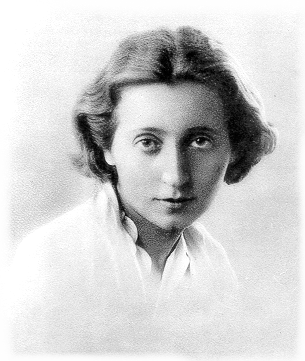Judith Marquet-Krause
Before delving into the treasures uncovered at Ai, let's take a moment to look at the life of the young archaeologist who brought the first of these historical treasures to light.
The Excavator Who Died Young
Judith Marquet-Krause was the young archaeologist responsible for the first major excavation at Ai. We have her to thank for much of what we know about the ancient city. Sadly, she never saw the results of her labor. She died on July 1st, 1936, before her excavations at Ai were complete. She was only 30 years old when she died of a "sudden and unrelenting illness".
The story of the life of Judith Marquet-Krause is fascinating. Her ambition, initiative, and diligence are inspiring. Knowing that this young woman literally gave her life to uncover the historical treasures at Ai has affected my perspective as I've studied what she found.

Here are some descriptions of Judith Marquet-Krause written by those who loved her. (I have translated these from the originals, which are in French.)
Born at Sedjera in 1906, in that enchanted part of Galilee, from where one can see the mountains of Nazareth on one side and Mt. Tabor on the other, there she spent her earliest years. There she received her first moral and intellectual education and, in the house of her father, was instilled with a sense of honor and the love of work.
She received her brilliant secondary schooling at the Tel-Aviv high school, where, in addition to Hebrew, the assigned language, she delved deeply into French, her mother language, and learned Arabic, English, and German. At the age of 17, she returned to France to do her higher studies. Successively promoted from the Sorbonne, from the School of Higher Learning, and finally from the School of Louvre, she acquired a degree in inscriptions, studying Syriac close at hand to the sympathy of Abbe Nau, cuneiform, then archaeology.
God gifted her with a high superiority of an exceptional nature whose mystery was full of promise. He had focused her thoughts toward a single ideal---scientific research. In spite of her great love for her parents, and for her husband, her work had the first priority. Nothing was more important to her than biblical history work, and she devoted herself to it with enthusiasm. It is more than certain that she had an intimate contact with the soil. She saw treasures there.

|


